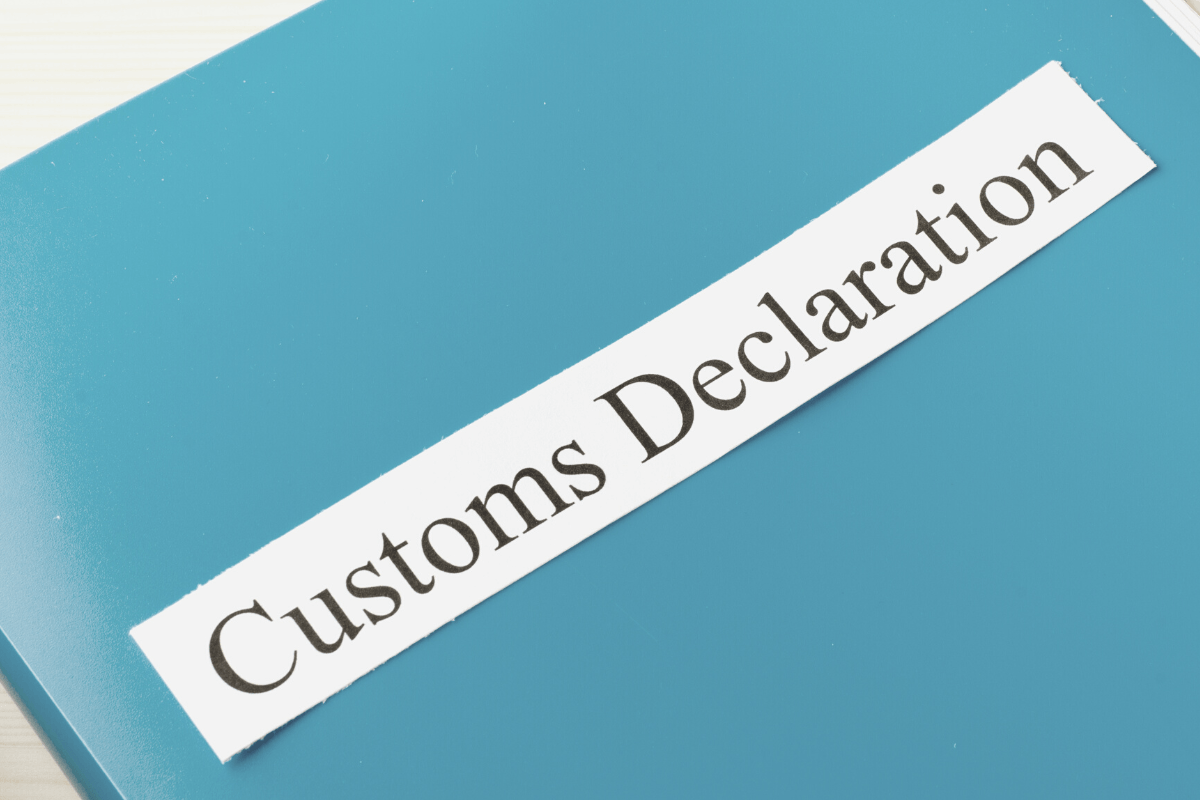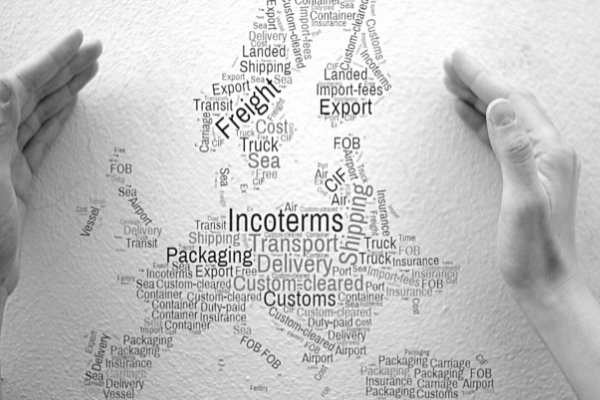BY:
SHARE:
Export Control compliance demands that businesses act responsibly in terms of the goods they supply and the information they provide to overseas entities.
Export Controls are not solely a UK consideration. They apply across world trade.
Countries apply rules and regulations on certain activities by implementing a requirement for a licence or approval to be in place to ensure the business is compliant.
There is a global requirement for all traders to be aware of how their business activities impact on world safety, international security, and a country’s obligations to other nations. It is imperative that a business understands that if they export information or products that are captured under their country’s export control regulations, they will be held responsible for ensuring exports do not fall into the wrong hands, which can result in real life concerns for individuals in other countries.
Concerns about terrorism and internal repression are real and lack of awareness of the UK controls at the border can leave a UK business open to recourse to law implemented by HMRC or Border Force.
A business must recognise that if a UK control is in place that a licence requirement possibility is duly considered before export and UK export authorisation sought from the Department of International Trade Export Control Joint Unit.
Military or Dual Use Controls?
Goods, software, and technology can fall under Military or Dual Use control and be subject to export licence to support their transfer from the UK – whether exported in tangible (goods), or intangible (electronic transfer) form. The starting point is classification.
Classifying against the controls
It is important to understand the definition of both military and dual use criteria because the business undertaking the export activity not only has the responsibility to classify but also ensure that the correct licence is in place to support the licence declaration to HMRC at export.
Classification; Is it Military or Dual Use? It cannot be both.
Accurate classification against the UK Consolidated List of Strategic Export Controls will confirm to the user whether goods require export authorisation on their own merit.
If an export has been specifically designed or adapted for military purpose, the rule of thumb is that a military licence will be required to support export.
Dual use goods are captured because of their capability, rather than being exported for military end use alone.
Declaring Goods for Export:
The C88 / SAD Export Customs Declaration stipulates we advise HMRC of the consignee for our export consignment; the first recipient of the goods. Export Control compliance means we must go further by establishing if the consignee is also the end user of the goods. If the consignee and end user are separate entities, we must consider the location of the end user and the end use the goods will be put to.
End use control
The ultimate end use of the goods for export could require licence provision. It is vital to understand security provision for an export and that this alone may need licence support.
Due diligence
The exporter has an obligation to the UK authorities to evidence due diligence during the export process. The evidence may simply be in the form of an end user certificate obtained from the customer, or specific wording within a contract that confirms the end use of goods.
Open General Export Licences will allow the export or transfer of Military or Dual Use Goods, Software, and Technology to specific destinations. The UK licensing authority (DIT) have created open licences to provide reasonably quick export access with specific approvals under specific licence conditions of use. International traders may need to be aware that an activity may not be covered by this type of open approval and be directed to the application for a licence required to for specific DIT approval.
Export Control Compliance will impact on different departments within a business. This underlines why the responsibility for exports cannot be one individual’s responsibility within an organisation, it needs a team approach. For compliance to work, the considerations are; individual responsibility supported by awareness, regular training, and established business compliance procedures and processes. New business activities will need due diligence applied from the bid stage and compliance requirements must have senior management support throughout the life cycle of the plan to export.
While you are here you may be interested in some Strong & Herd LLP training courses & live clinics related to this topic:
International Trade, Do You "Know Your Customer"? Live Clinic
Export Control Compliance and Awareness for Forwarders Live Clinic
Introduction to UK Export Licensing Controls
Beginners Guide to UK, EU & US Export Licensing
The Dual-Use Exporter: Understanding Dual-Use Export Controls
Trading with the USA: Defence Exporters
Preparing for an Export Control Audit
International Trade Up-dates into your inbox twice a month
Would you like to keep up to date on customs and international trade issues – subscribe to our OneCall service which combines regular practical updates (Did You Know?) and a helpline support service as well as an interactive members' area with a members' only community.
Spotlight & Training Updates Newsletter
Subscribe to our free information emails covering international trade topics...









